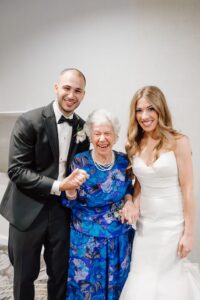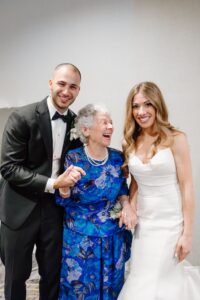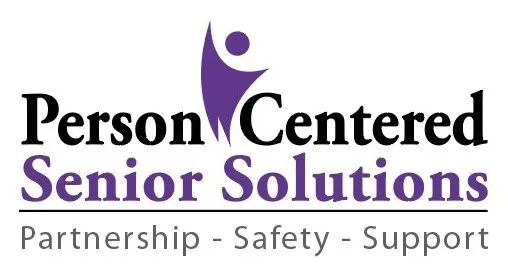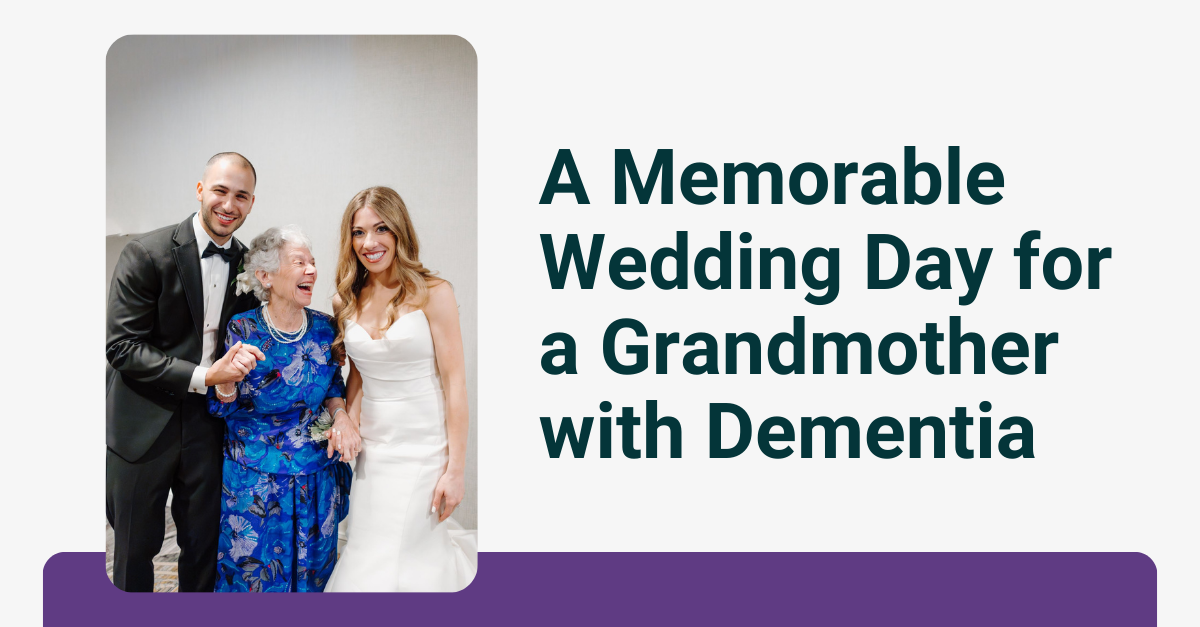My mom’s cognitive decline has deeply affected our family, making it nearly impossible to predict what kind of day she’ll have. Will she enjoy the scheduled activities, or will she spend her time searching for a family member? Will I get a call from the nurse saying she lashed out at a caregiver or that she’s made a new friend? What we experience one day may be completely different from the next, and knowing how to navigate these ups and downs is challenging.
Deciding when and how to include her in family events and special occasions is also difficult. Will the celebration be a positive experience for her? Will she understand the purpose of the gathering? And how will others respond to her unpredictability if she attends? So with my nephew’s wedding quickly approaching, there were many questions on how to make this event successful. We were hopeful she could attend, enjoy herself, and walk down the aisle.
A few weeks before the wedding, I was asked if I thought it was realistic for my mom to attend. My answer was, “Anything is possible with proper planning and realistic expectations.” To make this a smooth experience, we needed to have safeguards in place for any “just in case” scenarios. By “planning for the worst but hoping for the best,” we could cover all our bases. And so, the planning began.

The wedding was set for a Saturday night downtown. I recommended hiring a caregiver to be with her for the entire event. We also reserved a hotel room nearby where she could rest or retreat if things got overwhelming. Finally, we made sure she had all her medications, supplies, and extra clothing on hand. As the day approached, we felt prepared and hopeful that she’d be in a good mood and enjoy the day.
I’m thrilled to say the event was a true success. Though she only stayed for a short while, those moments were magical. She walked down the aisle with two of her sons, chatted with people she hadn’t seen in years (whether she remembered them or not), and seemed genuinely happy for the bride and groom.


Planning Special Events for a Grandmother with Dementia:
My Advice:
Including a loved one with cognitive decline in family events can be challenging, but with the right preparation, it’s possible to create meaningful moments. Here are some key tips from my experience:
- Define the Purpose
- Clarify if the goal is their enjoyment or fulfilling others’ desire to have them present. This will guide your planning and expectations.
- Plan for “What Ifs”
- “Plan for the worst, hope for the best.” Anticipate challenges with safeguards like a caregiver and a quiet retreat space.
- Set Time Limits
- Sometimes, a short visit is enough. Brief stays can be less overwhelming and more enjoyable for everyone.
- Provide a Retreat Space
- Have a quiet area or nearby hotel room available as a calming option if things become overwhelming.
- Prepare for Unpredictability
- Be flexible and embrace good moments, even if things go differently than planned.
- Inform Guests
- If possible, let others know what to expect and suggest ways to help create a calm environment.
With these preparations, you can create a positive experience for your loved one and make family moments memorable.

